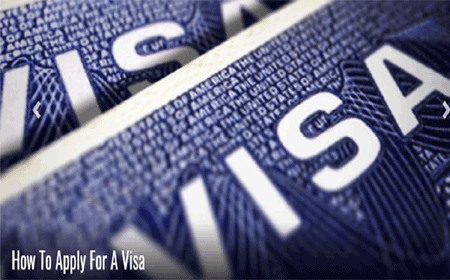BELIZE CITY, Mon. June 10, 2019– At the end of last month, the United States Department of State changed the rules for persons applying for visas to enter the US. A person applying for a US visa must now submit his or her social media accounts and 5 years of their emails and telephone numbers before they can be considered eligible to obtain a US visa.
Human rights groups in the US have been critical of the new measures, citing privacy issues and the government’s unnecessary surveillance of visa applicants. The American Civil Liberties Union (ACLU) has described the policy as “ineffective and deeply problematic.”
Authorities believe that the new measures will affect 14.7 million people around the world on an annual basis.
The rules were first proposed in March last year by the Donald Trump administration. During the Barack Obama administration, visa applicants were asked to volunteer their social media information.
Under the Trump administration’s new rules, an administration official is quoted as saying that, “There will be serious consequences for anyone who lies about their social media accounts.”
By having access to social media information of visa applicants, the US believes that it will be in a better position to screen out terrorists and other undesirables from entering the US. The measure will give the US government access to a wide range of personal data and social media interaction of visa applicants.
In an article written by Sandra E. Garcia in The New York Times, the US State Department is quoted as saying in a statement, “We already request certain contact information, travel history, family member information, and previous addresses from all visa applicants …we are constantly working to find mechanisms to improve our screening processes to protect U.S. citizens, while supporting legitimate travel to the United States.”
Garcia quoted the director of the Immigrants’ Rights Clinic at Columbia Law School, Elora Mukherjee, as saying, “This seems to be part and parcel of the same effort to have an extraordinary broad surveillance of citizens and noncitizens … given the scope of the surveillance efforts, it is hard to find a rational basis for the broad surveillance the Department of State and the Department of Homeland Security have been doing for almost two years.”

